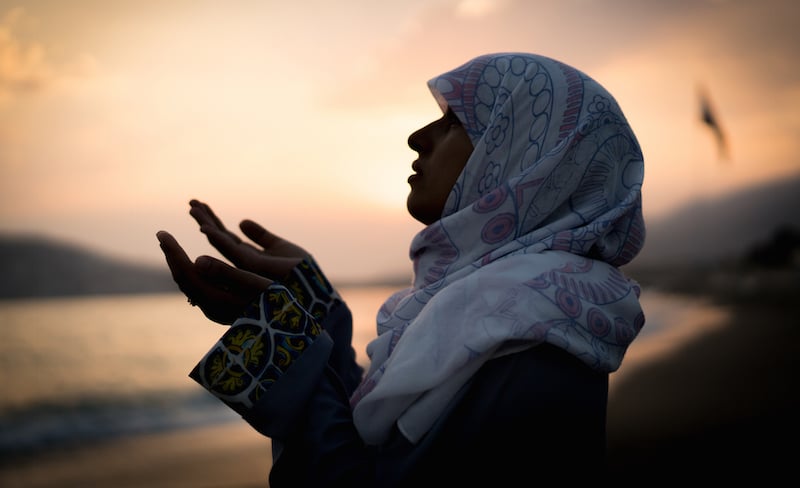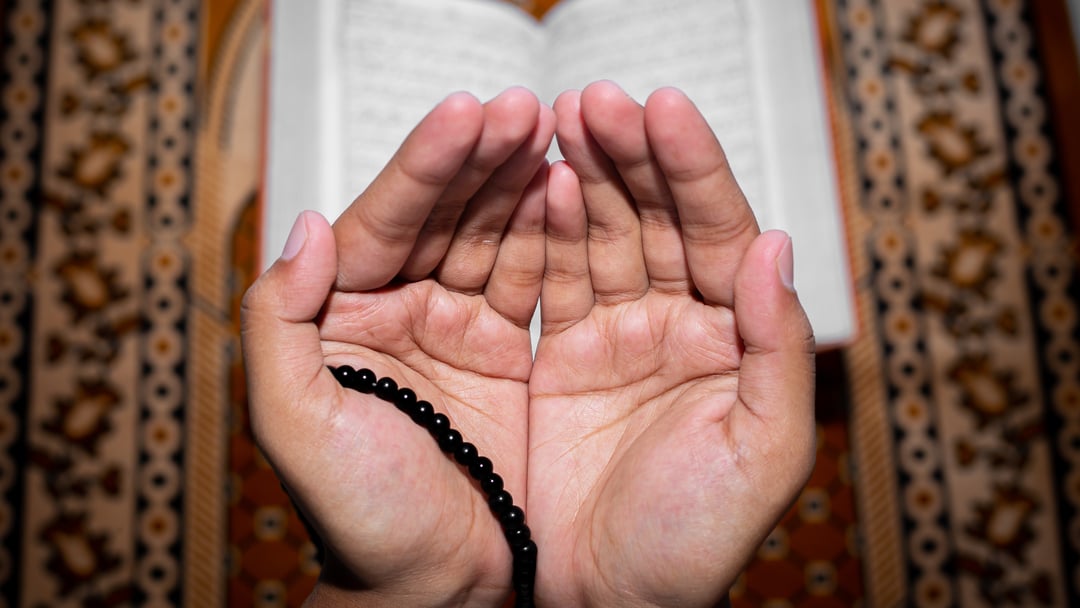Dua, or supplication, is a fundamental aspect of Islamic worship. It is a means of seeking Allah’s blessings, guidance, and forgiveness. There are various types of dua in Islam, each with its own purpose and significance. In this article, we will explore the different types of dua in Islam and their importance.
Introduction to Dua in Islam
Dua is an Arabic term that means to call out or invoke. It is a form of worship that involves asking Allah for help and guidance. Dua is not just a set of words or phrases, but it is an act of worship that reflects a Muslim’s devotion and submission to Allah.
Types of Dua in Islam
- Dua of Worship: This type of dua is performed to seek Allah’s blessings and to express gratitude for His bounties. It includes dua for forgiveness, guidance, and mercy.
- Dua of Need: This type of dua is performed when a Muslim is in need of something, such as food, shelter, or employment. It includes dua for success, protection, and provision.
- Dua of Repentance: This type of dua is performed to seek forgiveness for sins and mistakes. It includes dua for Allah’s mercy, acceptance, and pardon.
- Dua of Adoration: This type of dua is performed to express love and admiration for Allah. It includes dua for His greatness, beauty, and majesty.
- Dua of Hope: This type of dua is performed to seek Allah’s help in times of difficulty and despair. It includes dua for strength, courage, and hope.
- Dua of Intercession: This type of dua is performed to seek the help and intercession of Allah’s chosen servants, such as prophets, saints, and righteous people.
- Dua of Travel: This type of dua is performed when a Muslim embarks on a journey. It includes dua for safety, protection, and guidance.
- Dua of Congratulation: This type of dua is performed to express happiness and joy on occasions such as weddings, births, and achievements.
- Dua of Protection: This type of dua is performed to seek Allah’s protection from harm and evil. It includes dua for safety, security, and peace.
- Dua of Istikhara: This type of dua is performed when a Muslim is faced with a decision and seeks Allah’s guidance and direction.
Importance of Dua in Islam
Dua is an essential part of Islamic worship and a means of seeking Allah’s blessings and mercy. It is a form of communication between Allah and His servants, and it reflects a Muslim’s submission and devotion to Allah. Dua also strengthens a Muslim’s faith and trust in Allah, as it reminds them that Allah is the ultimate source of help and guidance.

How to Make Dua in Islam
There is no fixed format or set of words for making dua in Islam. Muslims are encouraged to make dua in their own language, using their own words and expressions. However, there are certain etiquettes and manners that should be observed when making dua, such as facing the qiblah (direction of the Kaaba), raising one’s hands, and starting with praise and glorification of Allah.
List of Quranic (Rabanna) ربنا Du’as that every Muslim should know
- Quranic du’as, commonly known as “Rabanna” du’as, are considered powerful and effective in seeking Allah’s blessings and guidance.
- Surah Al-Fatihah, recited during every prayer, is one of the most well-known Rabanna du’as.
- Astaghfirullah is the du’a for seeking forgiveness and is also a commonly recited Rabanna du’a.
- Other important Rabanna du’as include the du’a for protection against the punishment of Hellfire, the du’a for seeking Allah’s help in times of distress, and the du’a for seeking guidance and success in life.
- By memorizing and reciting these du’as, Muslims can deepen their connection with Allah and seek His mercy and blessings in all aspects of life.
Conclusion
In conclusion, dua is a vital aspect of Islamic worship and a means of seeking Allah’s blessings, guidance, and forgiveness. There are various types of dua in Islam, each with its own purpose and significance. Muslims are encouraged to make dua regularly, both in times of need and in times of gratitude. May Allah accept our dua and grant us success in this world and the hereafter.
Dua FAQs
How often should a Muslim make dua?
A Muslim can make dua as often as they like, there is no limit or restriction on the number of times one can make dua. Muslims are encouraged to make dua regularly, especially during the prescribed times, such as after prayer, during the last third of the night, and on Fridays.
Can dua change destiny?
In Islam, it is believed that Allah is the ultimate controller of destiny, and nothing can change His decree. However, dua is a means of seeking Allah's mercy and blessings, and it can help a person to cope with difficulties and hardships in life.
Can dua be made for non-Muslims?
Yes, Muslims can make dua for anyone, including non-Muslims. It is a way of showing compassion and kindness towards others and seeking Allah's blessings for them.
Is there a specific time when dua is more likely to be accepted?
There are certain times when dua is more likely to be accepted, such as during the last third of the night, on Fridays, during the month of Ramadan, and during the performance of hajj or umrah. However, Allah can accept dua at any time and in any place.
Can dua be made in a non-Arabic language?
Yes, dua can be made in any language, as long as the person making the dua understands the meaning of the words they are saying. It is encouraged for Muslims to make dua in their own language, as it allows for a greater level of understanding and sincerity.

